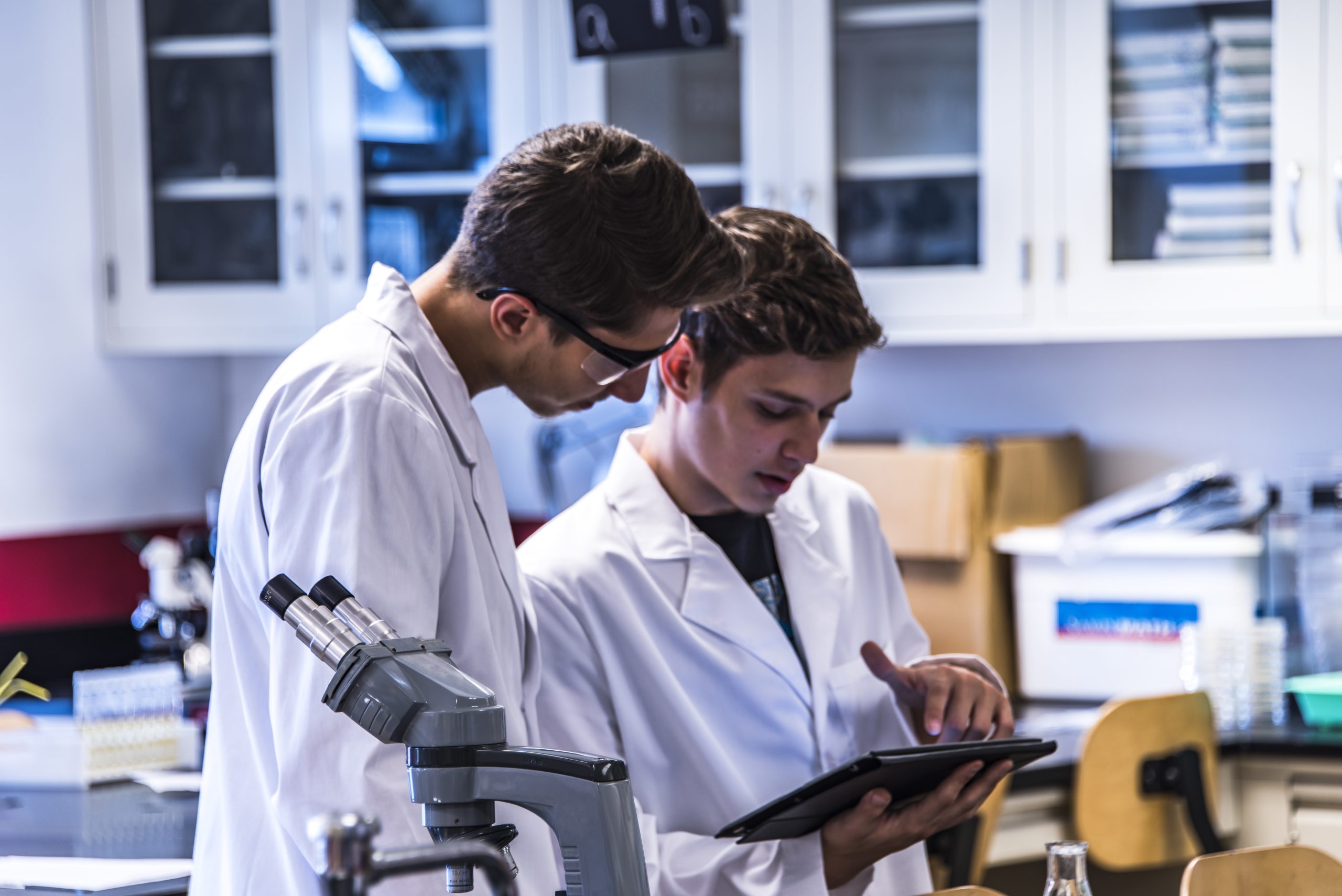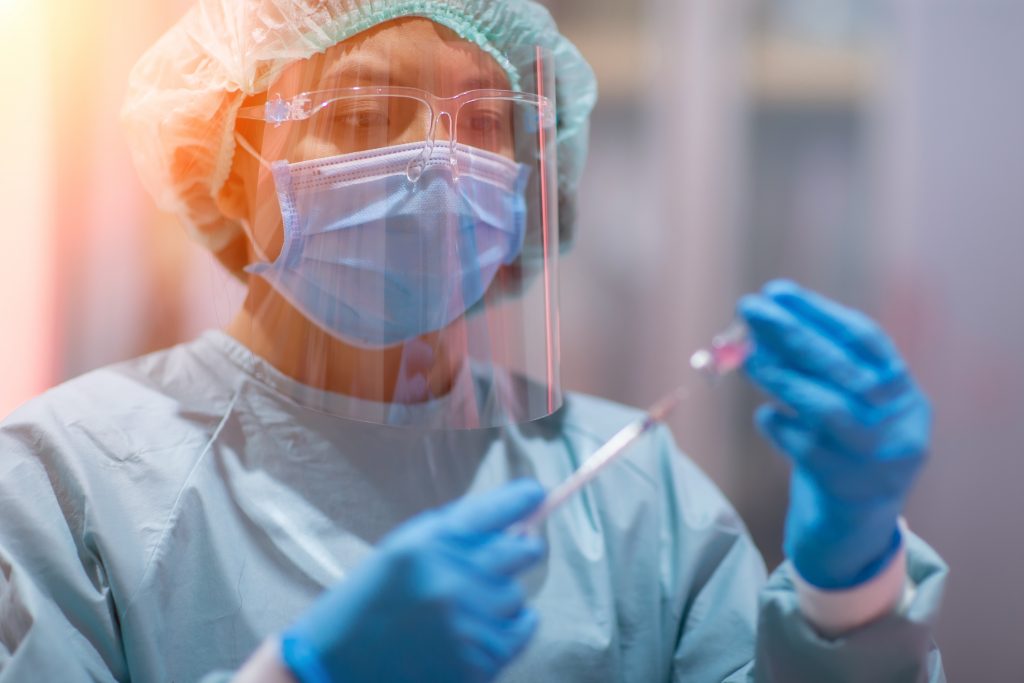Contents
How Do You Become a Clinical Lab Technician?
If you’re considering a career as a clinical lab technician in high school, you’ll want to take plenty of science and math classes. For science courses, lab components are important, as you’ll gain experience with laboratory techniques and learn how to operate standard equipment. You’ll also become familiar with safety procedures that will be useful to you in college-level science labs. Some of the courses in high school you should take in preparation for college include:- Biology
- Chemistry
- Mathematics
- Statistics (if offered)
- State boards of occupational licensing
- State departments of health
- The American Society for Clinical Laboratory Science
What Degree Does a Clinical Lab Technician Need?
Associate’s Degree One of the best degrees for clinical lab technician jobs is the associate degree. The most common degree for clinical lab techs, as required by employers, is the associate’s degree in clinical laboratory science. In this program, students fulfill general requirements for an AS degree, but they also take courses that satisfy the clinical lab requirement. These courses cover topics such as:- Clinical chemistry
- Clinical practicum
- Hematology
- Immunohematology
- Microbiology
- Biology
- Chemistry
- Mathematics
- Microbiology
- Statistics
- Equipment maintenance
- Lab management
- Safety protocol and procedures
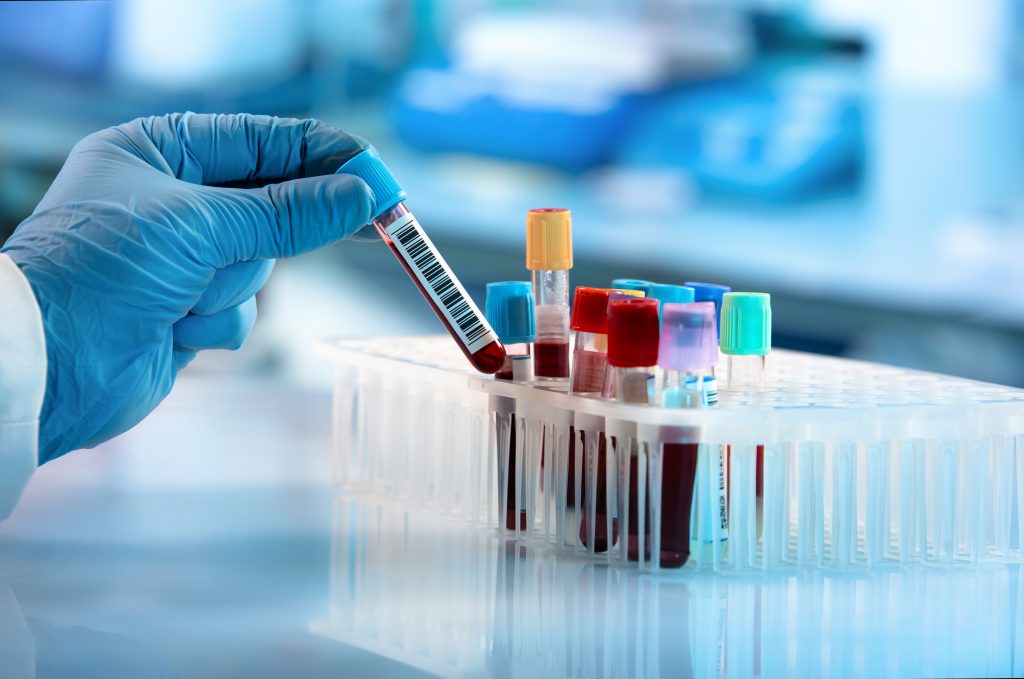
What Does It Take to Be a Clinical Lab Technician?
In addition to a degree for clinical lab technician jobs, certain skills and qualities are essential for long-term success. The very nature of the job as a lab tech or technologist requires skills that are not always taught in a classroom. Below are several important qualities that a clinical laboratory technician needs.- Detail-orientation: To accurately perform tests and procedures, clinical laboratory technicians must follow exact instructions and adhere to precise safety protocol. Being detail-oriented is a must for this occupation.
- Dexterity: Clinical lab technicians and technologists work with their hands. They must be skilled when working closely with needles and laboratory instruments. To use tools effectively, manual dexterity is needed.
- Physical stamina: Laboratory technicians work long hours on their feet. Depending on the facility they work in, they may be required to lift patients to collect samples for testing.
- Technological savvy: Clinical laboratory technicians operate computerized laboratory equipment. They often input information into computers and take readings from lab tools.
What Classes to Take in High School
Starting early on your journey exploring how to become a clinical lab technician is beneficial, especially if you’re still in high school. The classes you take in high school will prepare you for college, and they can even lay a foundation for your career. High-school students interested in becoming a clinical lab technician or technologist should take classes like:- Biology
- Chemistry
- Mathematics
- Physics
- Astronomy
- Environmental science
- Forensic science
- Zoology
How Long Does It Take to Become a Clinical Lab Technician?
Clinical Lab Technician Once you’ve determined the best degree for clinical lab technician jobs, you should also consider the time it will take to complete your education. Clinical lab technicians need a postsecondary certificate or an associate’s degree to work in the occupation. Most employers require an associate’s degree in clinical laboratory science. A typical associate’s degree in clinical lab science generally takes two years to complete. Clinical Lab Technologist To become a clinical lab technologist, one generally needs a bachelor’s degree in the following:- Anatomy
- Biology
- Medical technology
- Physiology
How to Become a Clinical Lab Technician Without a Degree
If you’ve wondered how to become a clinical lab technician without a college degree, the answer varies. Often, clinical lab techs complete an associate’s degree program in clinical laboratory science. However, some technical and vocational organizations, and the Armed Forces, offer certificate programs for medical lab techs. In some cases, a certificate might land you a job. However, most employers prefer that candidates for clinical lab technician roles hold associate degrees.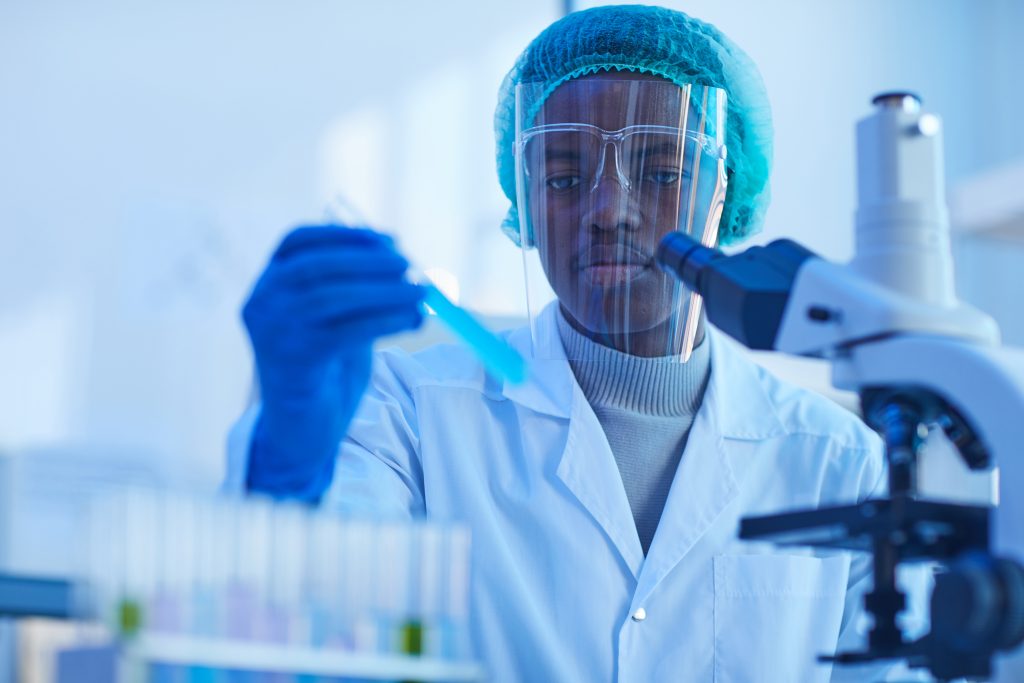
Certifications or Licenses for Becoming a Clinical Lab Technician
Now that you know the degree to become a clinical lab technician, it’s important to understand the requirements for licensing or certification. Some states require laboratory workers to be licensed, but requirements vary by state and lab specialty. The American Society for Clinical Laboratory Science provides specific requirements for technicians and technologists. After earning a required clinical lab technician college degree, you may consider certification. Again, some states require certification of clinical lab technicians and technologists for licensure. While certification isn’t required to enter the occupation by most employers, it is preferred. There are several different types of certifications offered for clinical lab technicians and technologists. Some of the most common of these are:- Certified Phlebotomy Technician (CPT)
- Medical Laboratory Technician (MLT)
- Medical Technologist (MT)
- Cytotechnology
- Medical Biology
How Much Money Does a Clinical Lab Technician Make?
According to the Bureau of Labor Statistics (BLS), the median annual wage for clinical laboratory technicians and technologists is $54,180. The Occupational Outlook Handbook published by the BLS also reports that the lowest 10% of all earners in this occupation make less than $31,450, while the highest paid 10% make more than $83,700. Various factors impact earnings for clinical lab techs. First, the industry in which you work has an impact on your earnings potential. The BLS reports five top-paying industries for clinical lab technicians and technologists. These are:- Outpatient care centers: $57,640
- General medical and surgical hospitals: $56,630
- Junior colleges, colleges, professional schools, and universities: $52,260
- Medical and diagnostic laboratories: $52,250
- Physician offices: $48,260
- Alaska: $69,390
- Connecticut: $69,340
- New York: $68,630
- Rhode Island: $68,570
- Oregon: $67,930
- Carson City, Nevada: $78,340
- San Luis Obispo-Paso Robles-Arroyo Grande, California: $77,390
- Oxnard-Thousand Oaks-Ventura, California: $75,970
- Barnstable Town, Massachusetts: $75,670
- Sacramento-Roseville-Arden-Arcade, California: $74,840
- San Francisco-Oakland-Hayward, California: $74,520
- Anchorage, Alaska: $73,900
- Santa Cruz-Watsonville, California: $73,140
- Santa Maria-Santa Barbara, California: $72,760
- Fairbanks, Alaska: $72,720
- Massachusetts non-metro: $73,590
- North Valley-Northern Mountains region of California non-metro: $73,570
- Coastal Oregon non-metro: $71,520
- Eastern Oregon non-metro: $67,740
- West Central-Southwest New Hampshire non-metro: $66,710
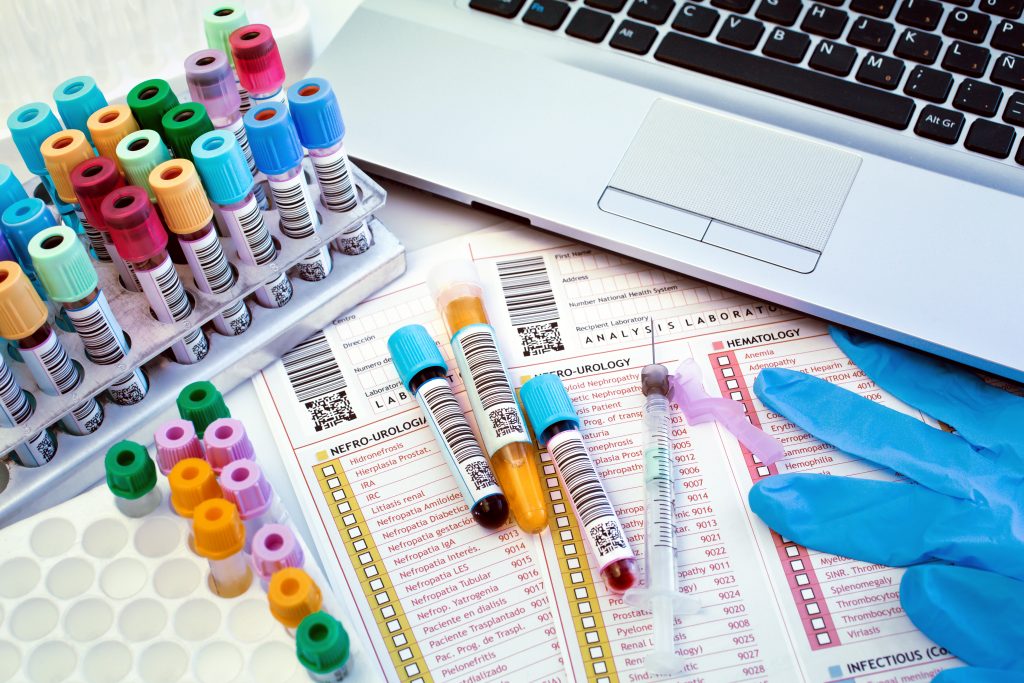
What Is the Job Outlook for Clinical Lab Technicians?
According to the Bureau of Labor Statistics (BLS), a favorable job outlook is expected for clinical lab technicians for the next decade. In fact, the BLS reports an 11% employment growth for clinical lab technicians and technologists through 2030. Approximately 25,900 job openings for clinical lab techs are expected each year over the next 10 years. These openings are expected to result from the need to replace workers who retire or transfer to another occupation. But other reasons also impact job growth.- Aging population
- Diagnosis of medical conditions
- Equipment maintenance
- Prenatal testing
What Is the Work Environment Like for Clinical Lab Technicians?
According to the BLS, approximately 335,500 jobs were held by clinical lab technicians and technologists last year. The largest employers for this occupation are as follows:- General medical and surgical hospitals: 47%
- Medical and diagnostic laboratories: 20%
- Physician offices: 9%
- Colleges, junior colleges, professional schools, and universities: 5%
- Outpatient care centers: 4%
Related Resources:
- 20 Most Affordable Master’s In Nursing Leadership and Nurse Administration Online
- 30 Best Online Bachelor’s in Health Sciences and Nutrition
- 30 Great Small Colleges for STEM Degrees 2022
- Ultimate Guide to Nursing & Healthcare Degrees and Careers
- What Is the Best Degree Path for Becoming a Biochemist?
- What Is the Best Degree Path for Becoming a Biological Technician?
